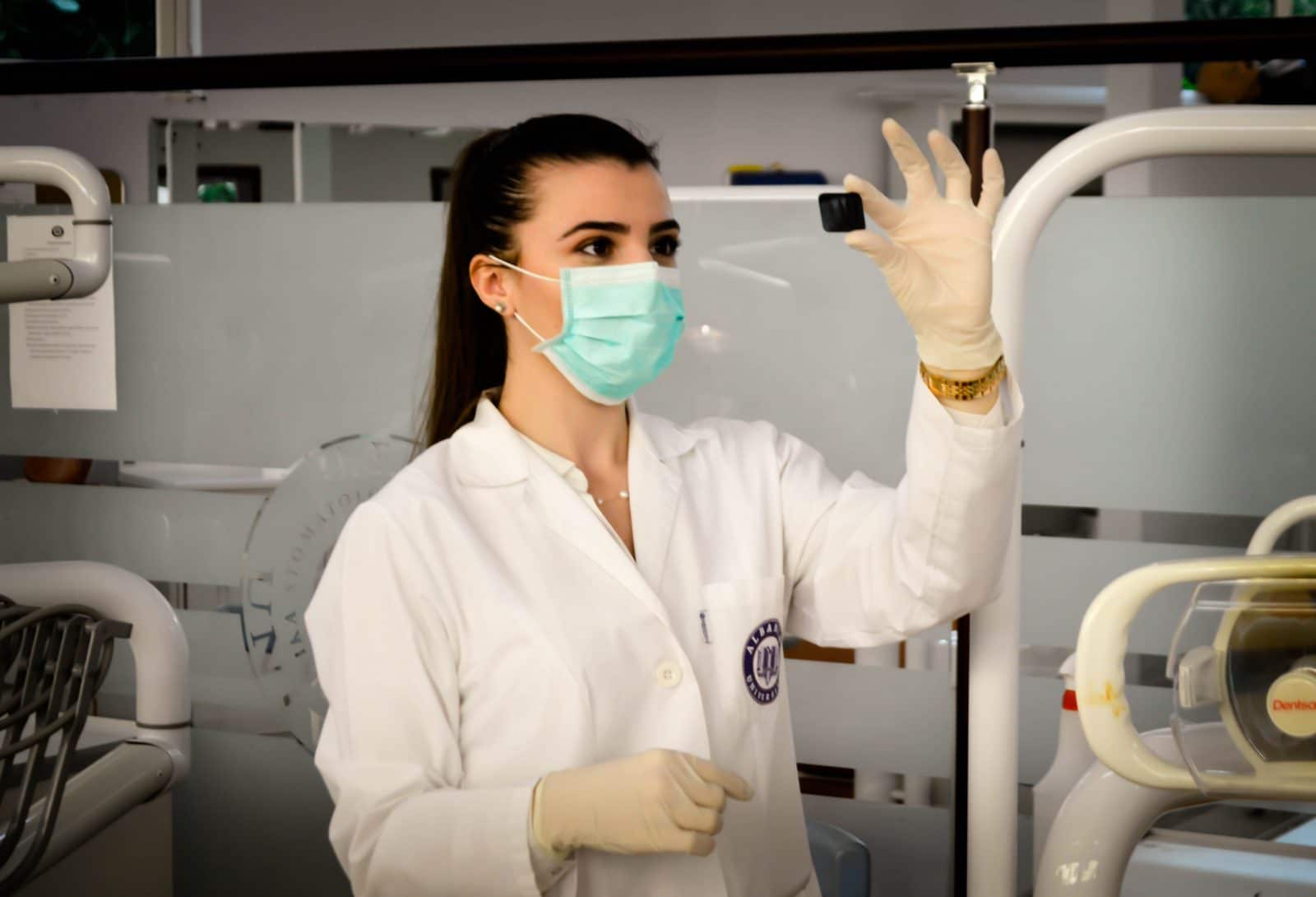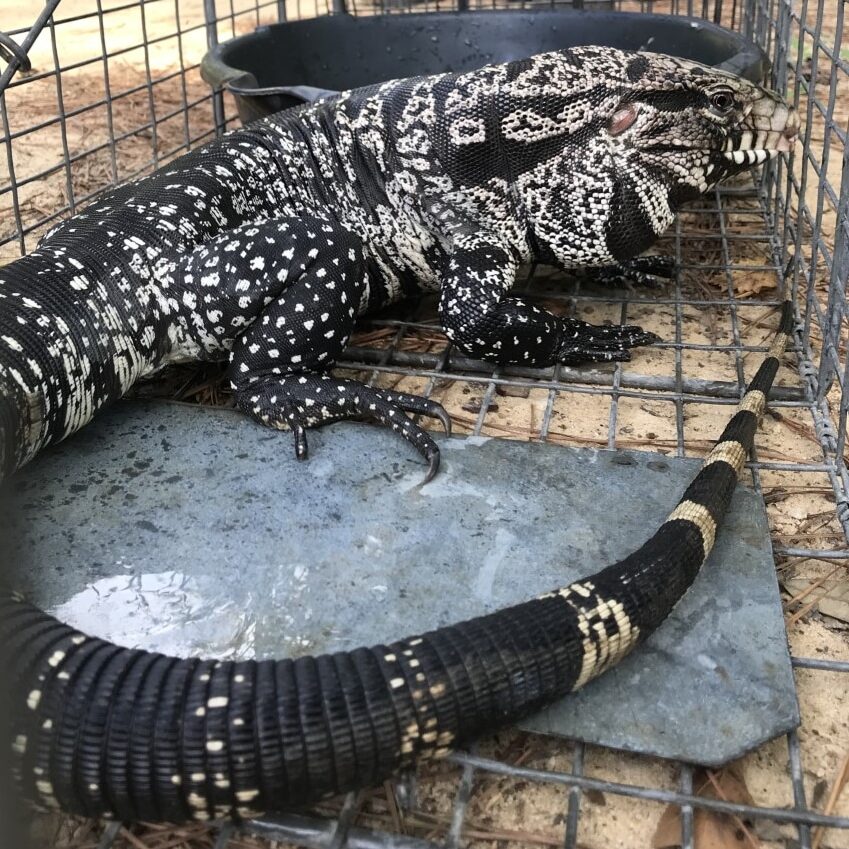The Georgia Department of Public Health provided a detailed explanation as to why the number of COVID-19 cases spiked throughout Northwest Georgia last week and then leveled off.
The department confirmed serologic-only antibody testing numbers were included in the state’s data. Serologic testing uses a finger-prick blood sample to test for a previous COVID-19 infection by looking for antibodies.
“Some antibody tests have low sensitivity and specificity and may not produce reliable results, but because of the relative simplicity of the technology, the Food and Drug Administration decided to waive initial review of the tests as part of its emergency response to the coronavirus outbreak,” said Dr. Gary Voccio, Health Director for the Georgia DPH Northwest Health District.
The following cases in the region were confirmed by serologic antibody testing:
- Walker County – 44 cases
- Catoosa County – 23 cases
- Dade County – 11 cases
- Chattooga County – 2 cases
- Gordon County – 2 cases
- Floyd County – 1 case
Why it Matters: In terms of flattening the curve, antibody tests could indicate a previous infection that may not have been as serious and went unnoticed. It could be showing a case that occurred before social distancing measures took effect and would add a case to a flattening curve that appeared before measures were taken to flatten the curve.
“Until Friday, April 24, Georgia DPH counted both PCR positives based on diagnostic testing and presumed antibody positives based on serologic testing as confirmed COVID-19 cases,” said Dr. Voccio. “However, based on guidance from the CDC and FDA, our state
epidemiology staff determined that serology-only cases should no longer be reported as confirmed cases in data provided to the public at this time.
Voccio added that the current county case count will not be reduced because of this reporting change, as some of the cases “surely represent actual COVID-19 infections.” He added that “because so many COVID-19 cases are asymptomatic or mild, never seek medical attention, and thus are not tested, we know there are many more people in our communities who have been infected with the virus than the confirmed case count indicates.”
Disclosure: This article may contain affiliate links, meaning we could earn a commission if you make a purchase through these links.






